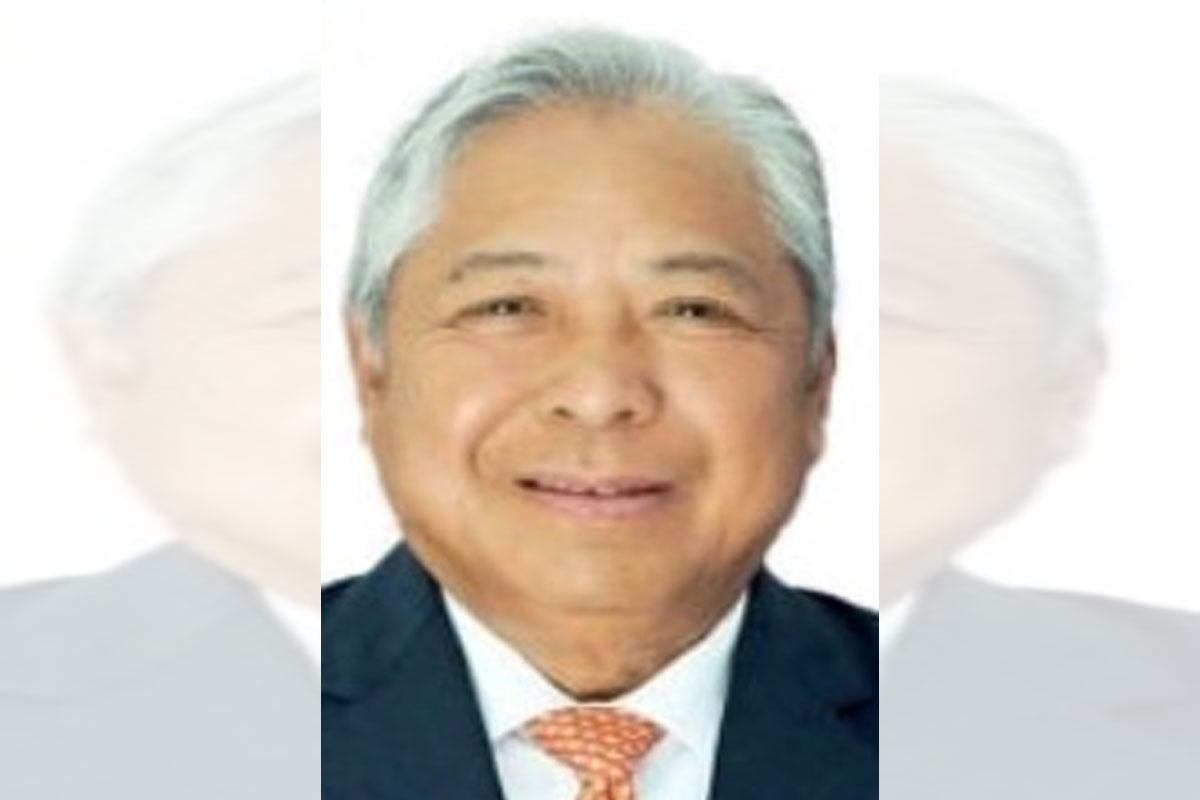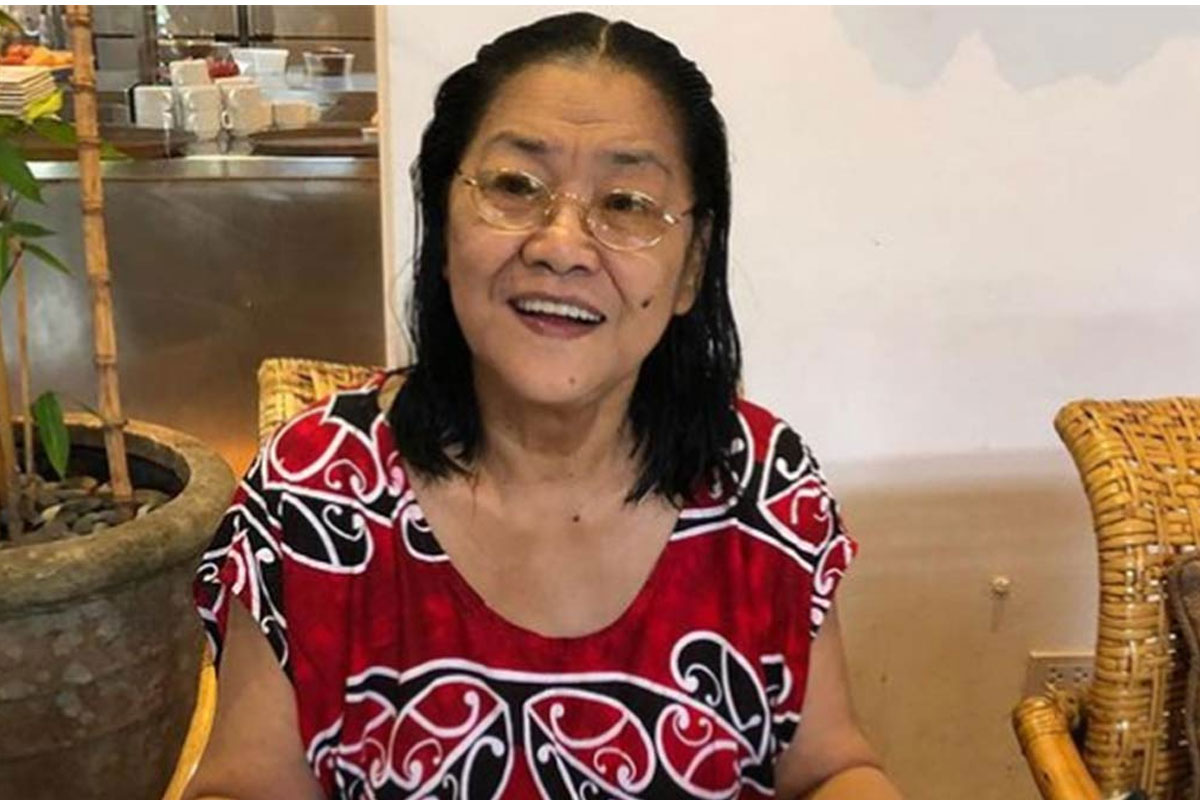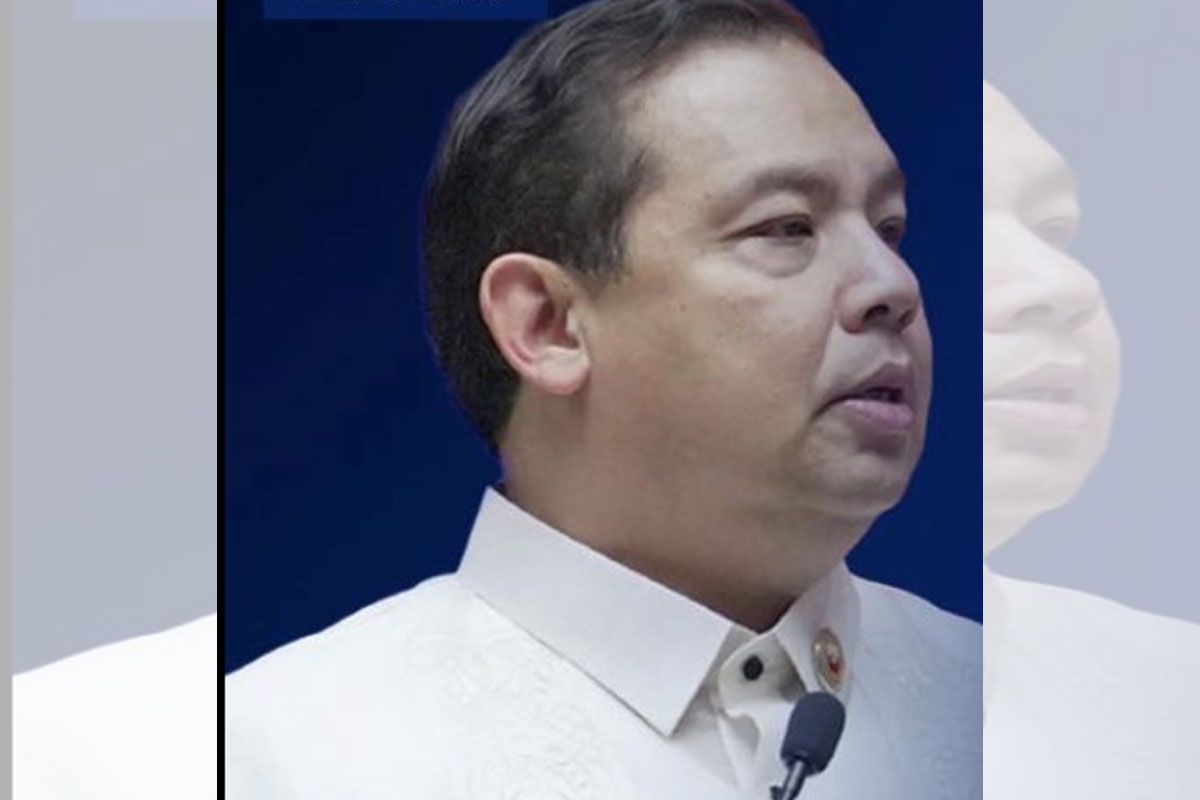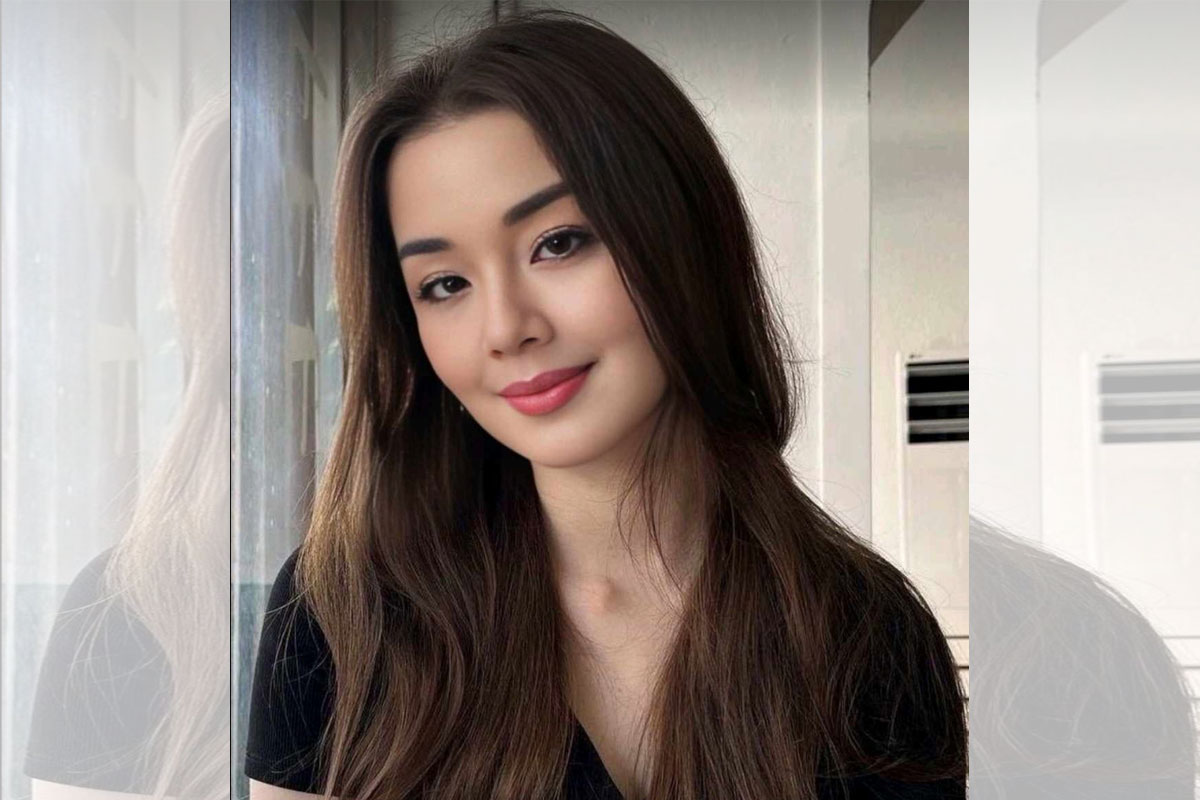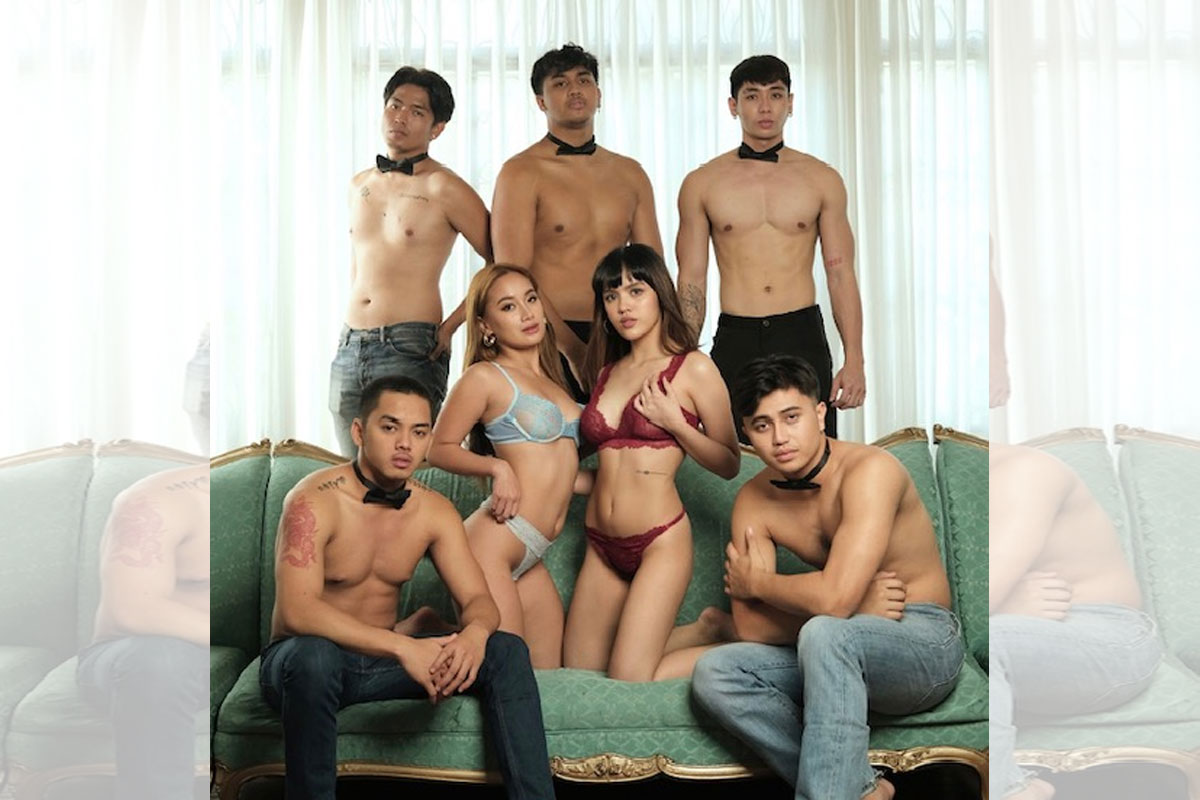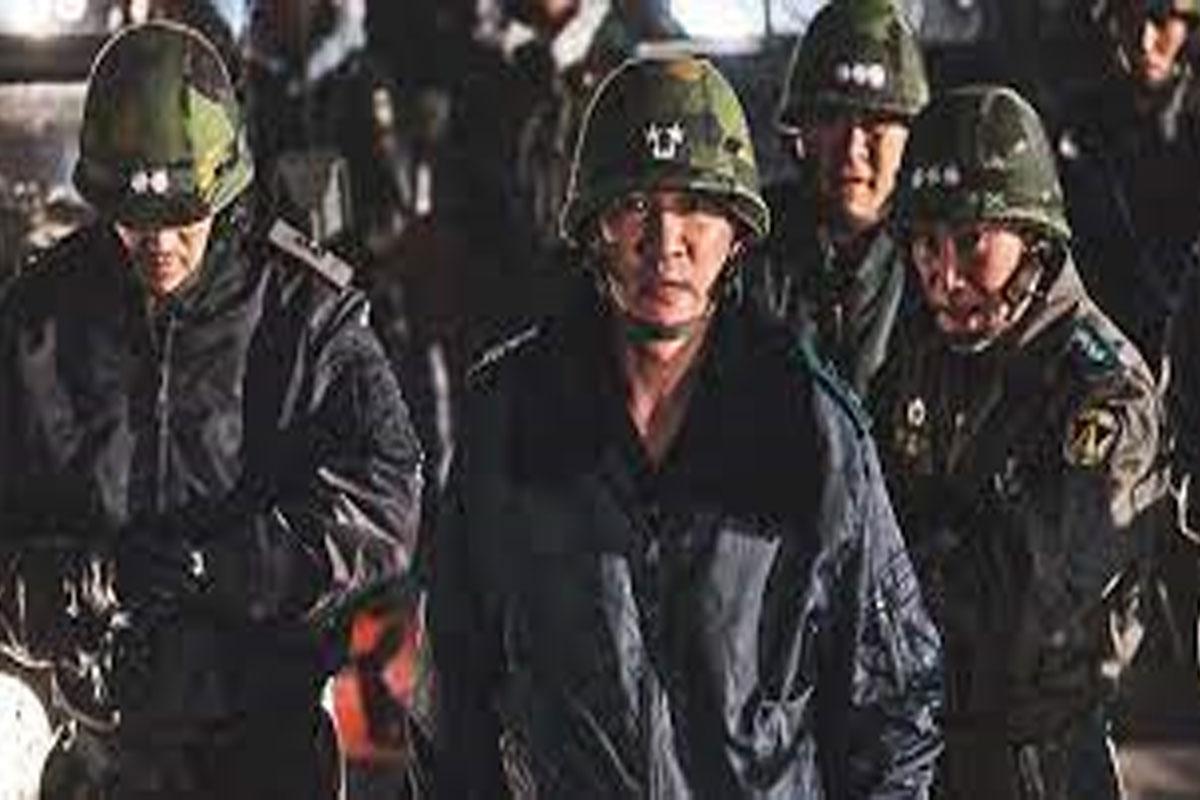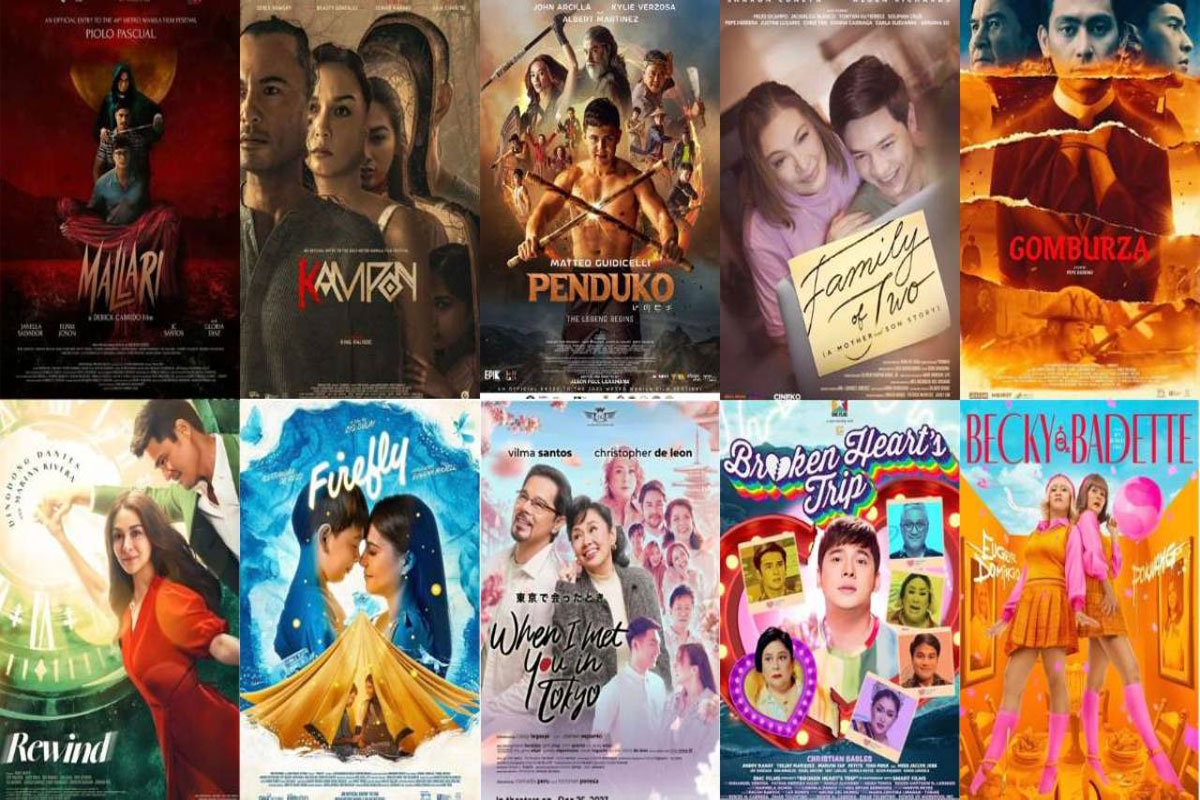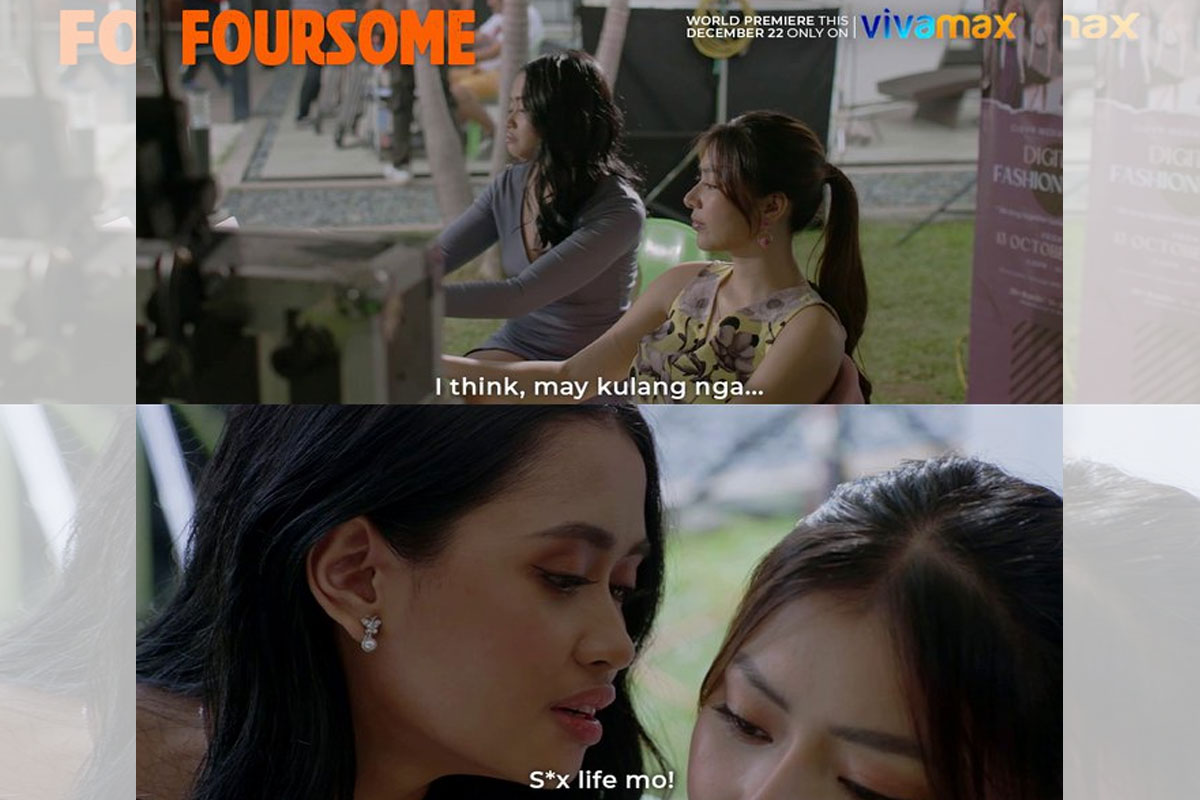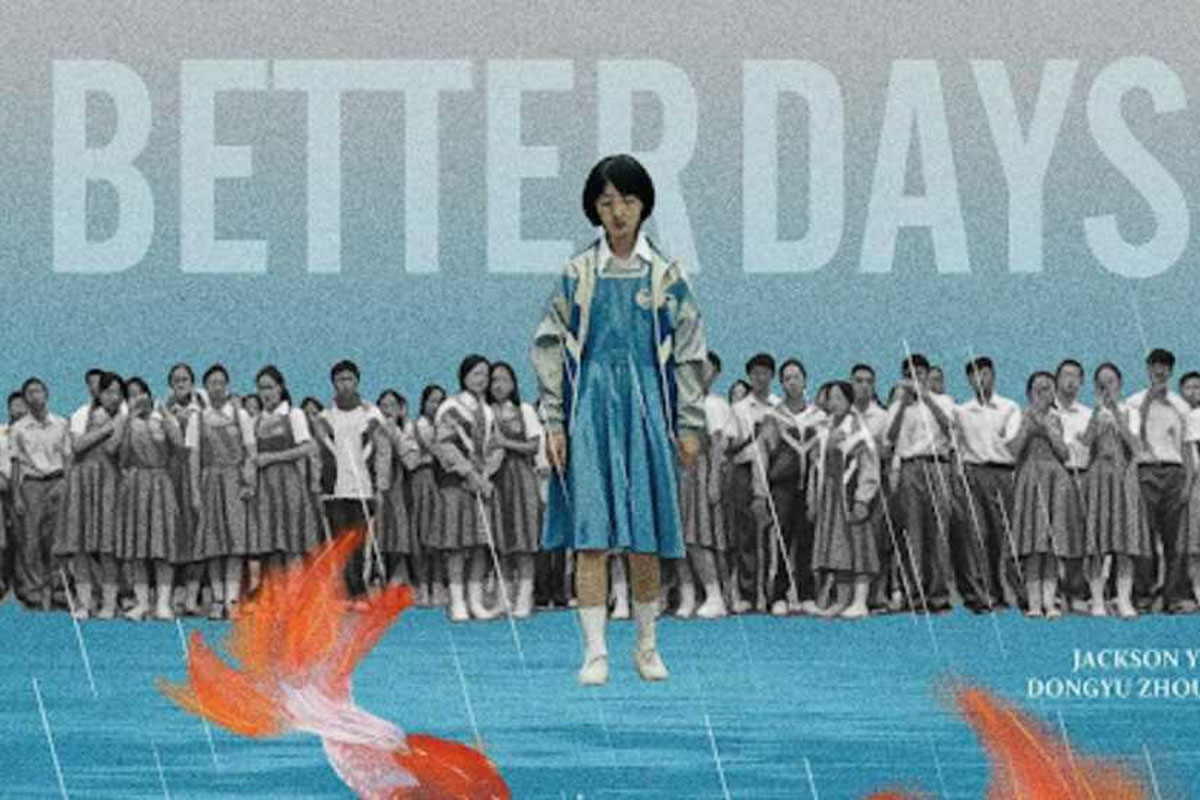 Better days
Better days
Review of Amazon Prime’s Oscar-nominated Chinese film, ‘Better Days’
THE Chinese film “Better Days” is currently nominated in the Oscar best international feature film category as the official entry of Hong Kong (not China, where it was filmed.) It professes to be a message movie against school bullying, but is actually more of a romantic vehicle for two top Chinese stars: Zhou Dongyu who plays the female lead (she’s immensely popular in China and gained fame after appearing in a Zhang Yimou film) and Jackson Yee, a famous singer and member of a boyband acting in his first male lead role.
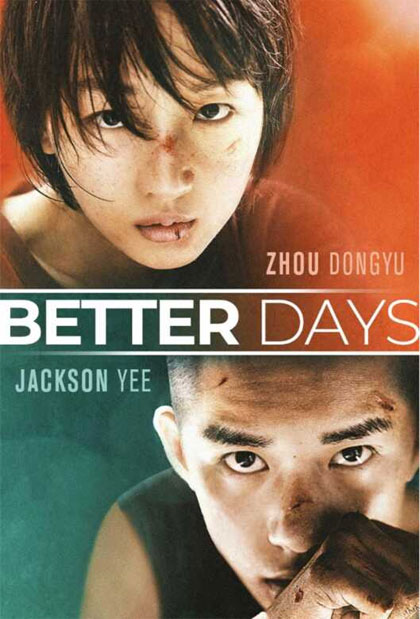 The film was last year’s top blockbuster in China. It became controversial when it was entered in the Berlin Filmfest but was yanked out by Chinese authorities and initially banned for exhibition.
The film was last year’s top blockbuster in China. It became controversial when it was entered in the Berlin Filmfest but was yanked out by Chinese authorities and initially banned for exhibition.
This is because of the film’s negative portrayal of China’s nine-hour national college entrance exams called Gaokao that puts so much pressure on its students and leads to bullying, mental illness and suicide. This is definitely not good for China’s image.
The film starts when a female 12th grade student commits suicide by jumping off their school building after being bullied. A sympathetic classmate, Chen Nian (Zhou), covers her remains (which were never shown on screen) with her school jacket while the other students are merely taking photos of the dead girl.
The school authorities question her if she knows anything about what caused the suicide but she chooses to keep quiet. We can’t sympathize with her as she is so meek and submissive. Instead of telling the truth, she opts to just keep her mouth shut.
So we’re happy when she becomes the next favorite victim of the bullies, led by Wei Lai (Zhou Ye, who’s actually prettier than Zhou Dongyu), who becomes more abusive in physically attacking her and even spreading fake news about her and her family.
She is even pushed down the stairs in front of other students who also keep quiet. On her way home, she sees a young man, Xiao Bei (Jackson Yee), being mugged by street thugs. She calls the cops but the goons see her and also attack her. They force her to kiss Xiao Bei.
Of course, we know this will eventually lead to romance and their lives will be changed for good by each other. They become close and share their dreams in life and their plans for the future.
The school investigation then reveals that the bullies are Wei Lai and her friends, all projected as one-dimensional villains. They are suspended, but they then take revenge on Chen Nian who asks the help of Xiao Bei to protect her. But they still succeed in viciously harassing her, cutting her hair, beating her up and undressing her, all the while taking videos.
Later on, Wei Lai is found dead and Chen Nian becomes the primary suspect. Xiao Bei makes a sacrifice and owns up to the crime. But since this is a bittersweet romantic melodrama, Chen Nian also presents herself to the cops later and they are both arrested and jailed. But not to worry, as this ends like a Seiko Films or Star Cinema movie.
There’s an epilogue showing the characters a few years later for the obligatory happily ever after ending. There’s also a disclaimer in the ends credits saying that the Chinese government has since enacted laws to prevent bullying and now enforces tougher punishment for school bullies. This is obviously added to please the Chinese bosses.
Director Derek Tsang is wise to anchor his views about Gaokao and school bullying on a love story starring two young Chinese superstars, making his film a big artistic and commercial success. Both Zhou and Jackson do quite well as the marginalized protagonists. Zhou is already 29 years old but succeeds in projecting herself as a high school student and doesn’t really look older than Jackson who’s only 20 years old.
They are at their best in the trial scene where they just look at each other but manages to convey their feelings without saying any word. Despite the film’s huge success, it has its share of detractors who say that the book it was based on was actually just copied from the work of Japanese writer Keigo Higashino titled “Journey Under the Midnight Sun”. Would this lessen the film’s chances of winning in the Oscars? Only time will tell.




